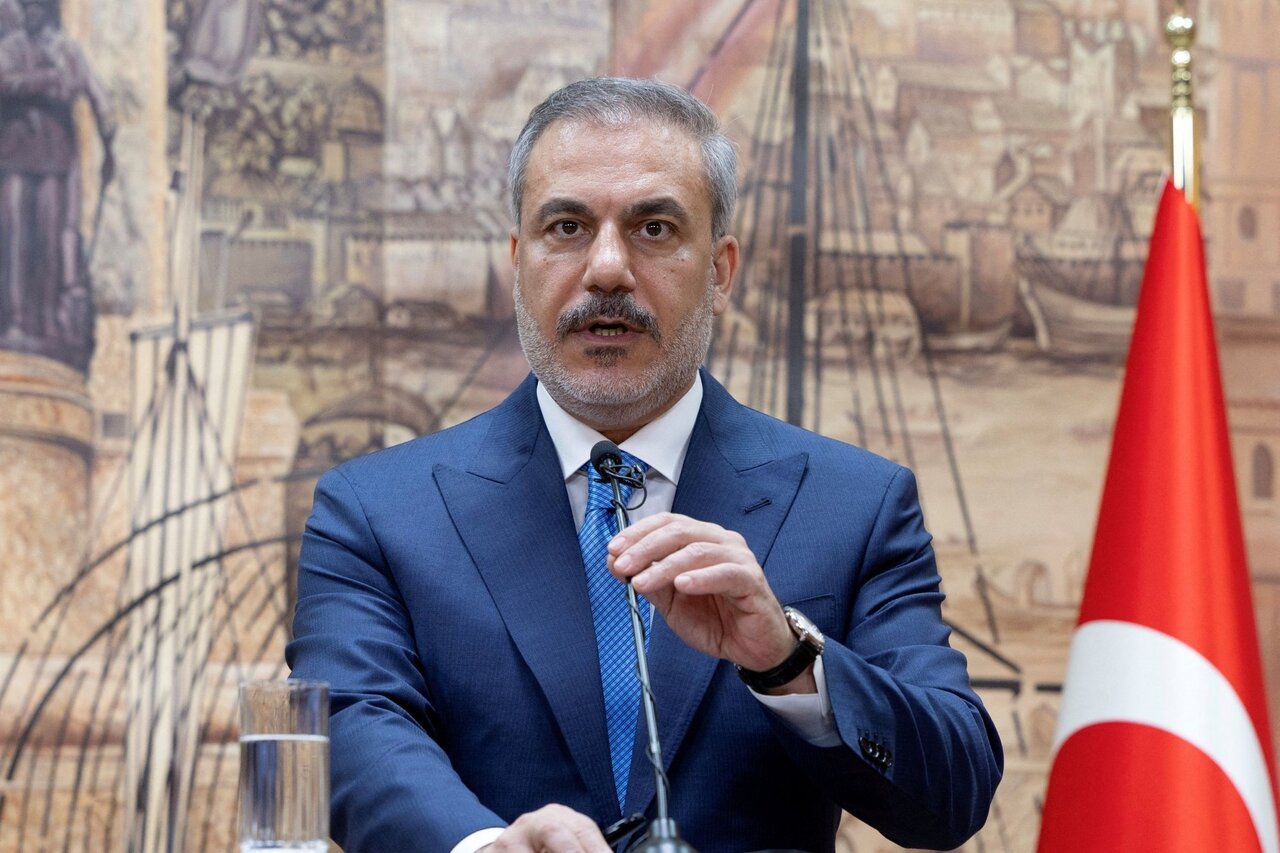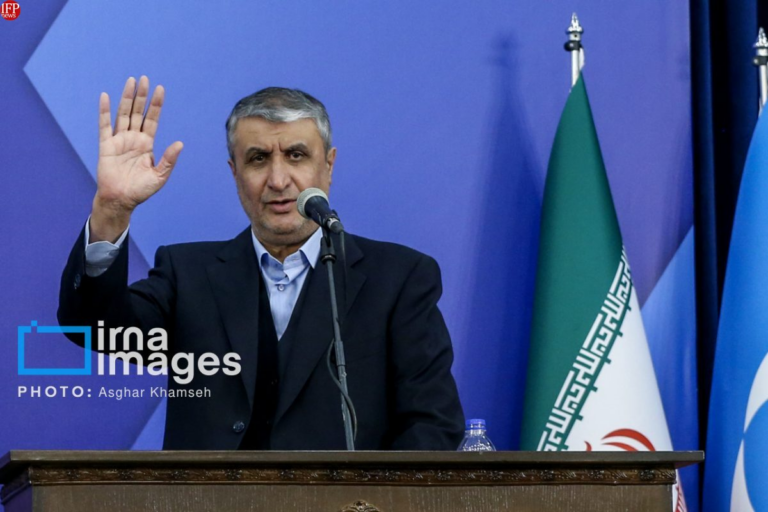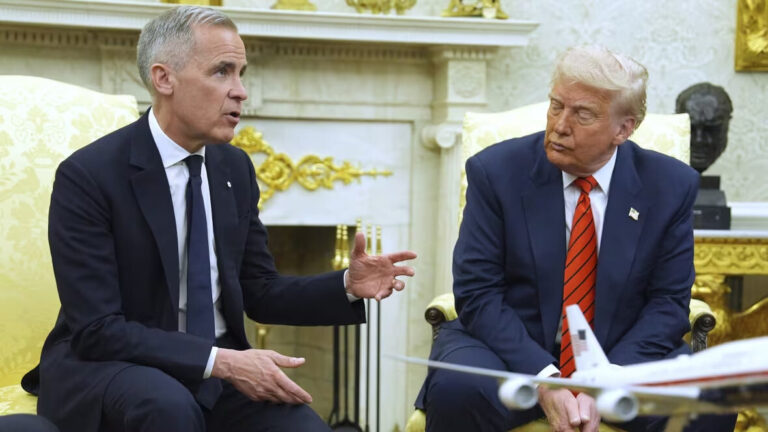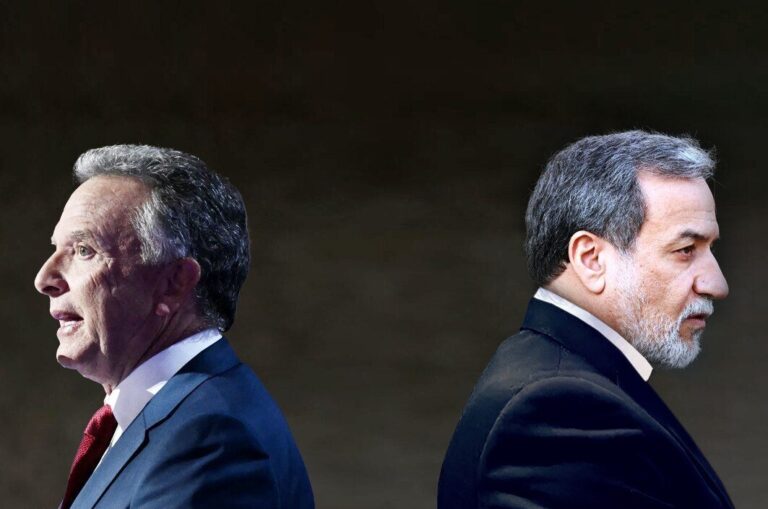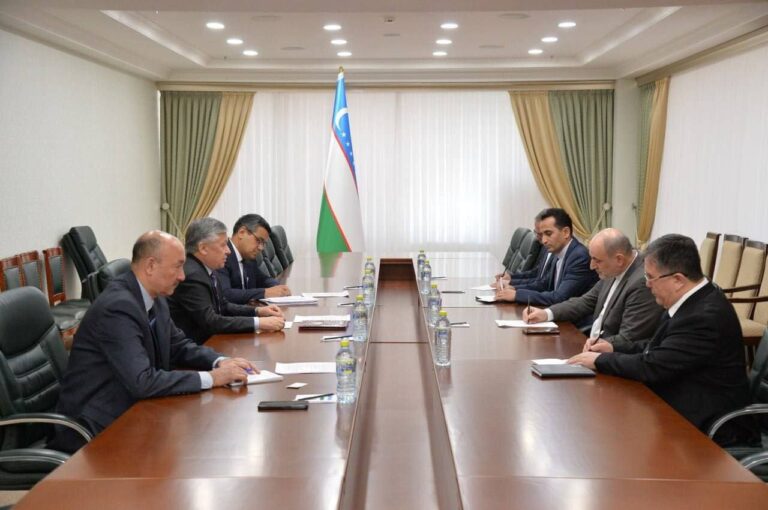Turkey Responds Strongly to Trump’s Threat of Military Action Against Iran
In recent discussions regarding regional stability, Turkey has made it clear that it does not support any potential military action against Iran by the United States. This statement comes at a crucial time as tensions in the area continue to rise. Turkish Foreign Minister Hakan Fidan emphasized the importance of maintaining peace and avoiding further conflict in the region.
Fidan candidly expressed Turkey’s stance, stating, “Our region cannot tolerate another war, another big source of instability.” He highlighted the uncertainty surrounding the potential escalation of tensions should an attack occur, reinforcing Turkey’s position against military action.
According to Fidan, the focus should shift towards peaceful negotiations, similar to past efforts that aimed to resolve conflicts without resorting to violence. He noted that both Iran and the United States, along with other interested parties, must engage in dialogue to ensure stability.
Key points from Fidan’s remarks include:
- Opposition to Military Action: Turkey firmly opposes any attack on Iran, emphasizing that such actions would lead to further instability in the region.
- Call for Peaceful Negotiations: Fidan advocates for diplomatic discussions to address ongoing tensions rather than military confrontation.
- Consequences of Conflict: There is a significant concern about the unpredictable escalation that could arise from a military strike.
Fidan’s statements reflect a broader sentiment within Turkey regarding the need for regional harmony. He reiterated that Iranian officials have issued stern warnings regarding their capacity to respond to any military threats. The Iranian government has consistently made it clear that any form of aggression will be met with a swift and harsh response, illustrating the high stakes involved in any potential conflict.
The Turkish Foreign Minister’s comments are part of a larger dialogue among Middle Eastern nations, who are increasingly wary of the implications of foreign military intervention in their affairs. This perspective is critical as nations navigate the complex web of alliances and historical grievances that characterize the region.
As the situation continues to evolve, the emphasis on diplomatic solutions becomes more pronounced. Fidan’s remarks serve as a reminder of the importance of collaboration and understanding among nations to prevent the outbreak of unintended conflicts.
In summary, Turkey’s position against a US attack on Iran underscores the necessity of peaceful negotiations and regional stability. The current geopolitical climate demands that all parties involved prioritize dialogue over aggression, ensuring a safer future for all nations in the region. As tensions remain high, the international community will be closely monitoring developments to see if diplomatic efforts can prevail.
This situation highlights not only the immediate concerns of military conflict but also the long-term need for effective communication and cooperation among nations. The consequences of inaction could be dire, making it imperative for leaders to engage in constructive dialogue rather than resorting to threats of violence.
In conclusion, Turkey’s stance is a vital part of the ongoing conversation about peace in the Middle East. The call for negotiation is not just a plea for calm; it is a necessary step towards building a more stable and secure environment for future generations. As leaders from various nations come together, the hope is that mutual understanding will guide their actions, steering away from the brink of conflict.
